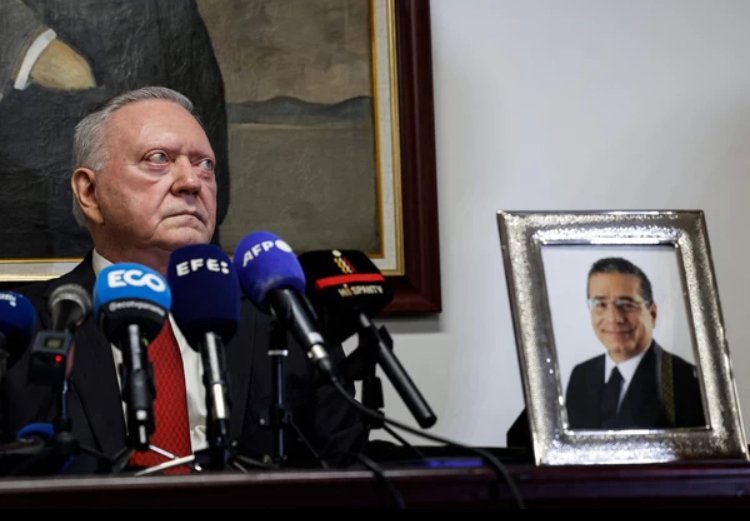Justice, but not for the elite
In a significant development in the ongoing legal saga stemming from the Panama Papers revelations, the District Attorney (DA) of Panama has announced plans to appeal the court's decision regarding the 28 suspects implicated in the scandal. The decision has reignited public interest and debate over the extensive offshore financial network exposed in 2016, which implicated numerous high-profile figures in alleged tax evasion and money laundering schemes.
The Panama Papers, a leak of 11.5 million documents from the Panamanian law firm Mossack Fonseca, revealed how wealthy individuals and public officials used complex structures of offshore entities to hide assets and evade taxes. The ensuing international outcry led to investigations in multiple countries, including Panama, where the scandal's epicenter was located.
The recent court ruling, which the DA is now set to challenge, involved the dismissal of charges against the 28 suspects due to procedural issues and purported lack of evidence. This outcome was met with considerable criticism from both domestic and international observers, who viewed it as a setback in the fight against corruption and financial crime.
The DA's decision to appeal is driven by a commitment to uphold justice and accountability. In a public statement, the DA emphasized the importance of addressing the alleged illegal activities uncovered by the Panama Papers and holding those responsible to account. "The dismissal of charges against the 28 suspects does not equate to exoneration. We firmly believe there is substantial evidence that merits thorough examination in court," the statement read.

Jurgen Mossack of Mossack-Fonseca
Critics of the court's ruling argue that procedural missteps should not overshadow the substantive evidence of wrongdoing. They contend that allowing the suspects to evade prosecution on technical grounds undermines public trust in the legal system and sends a troubling message about the effectiveness of anti-corruption efforts. On the other hand, supporters of the court's decision argue that the rule of law requires strict adherence to procedural norms, and any deviations could jeopardize the fairness of the judicial process.
The appeal process is expected to be lengthy and complex, involving meticulous review of the initial investigation and court proceedings. Legal experts anticipate that the case will test Panama's judicial system's resilience and its ability to address high-profile financial crimes effectively.
This appeal represents a critical juncture for Panama as it seeks to repair its international reputation and demonstrate its commitment to transparency and legal accountability. The outcome of this legal battle will likely have far-reaching implications, influencing both domestic policy and international perceptions of Panama's dedication to combating financial malfeasance.
As the legal proceedings unfold, the global community will be closely watching, eager to see whether Panama can navigate this challenge and emerge with a strengthened resolve to tackle corruption and uphold the principles of justice.
Sincerely,
Pele23